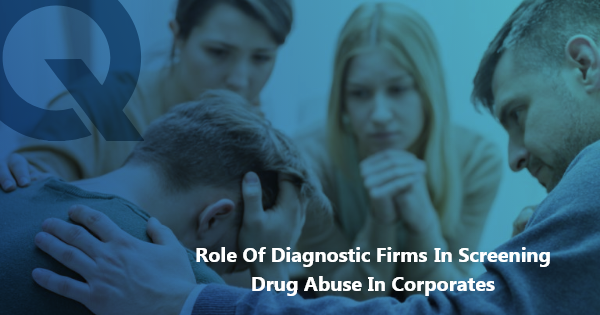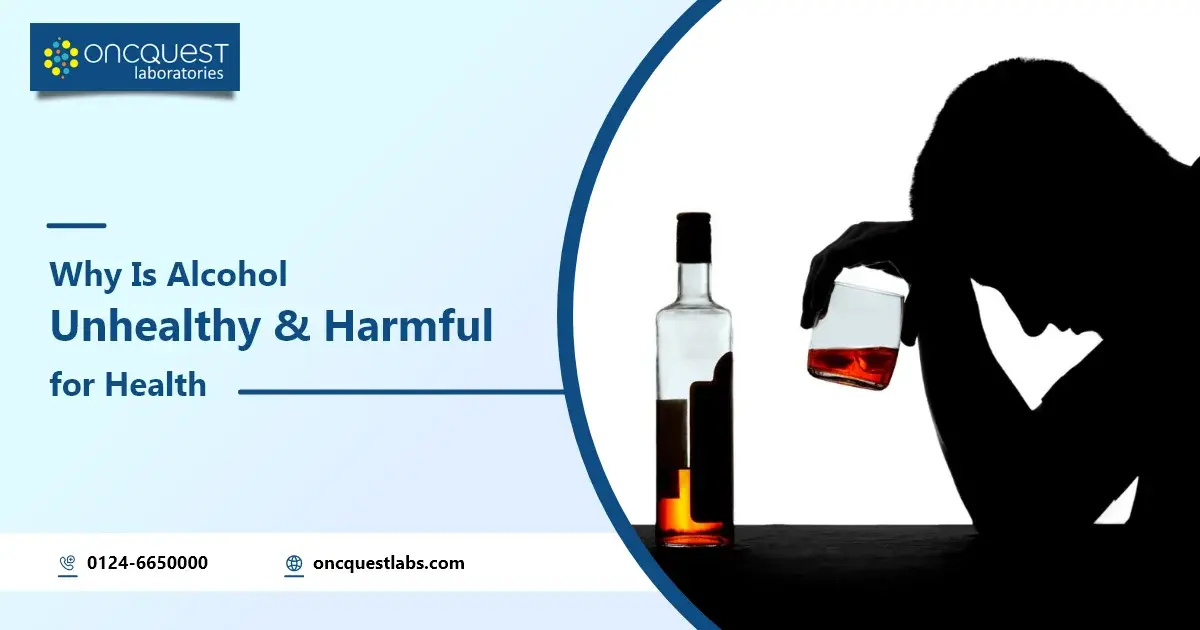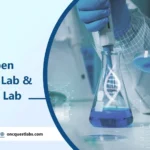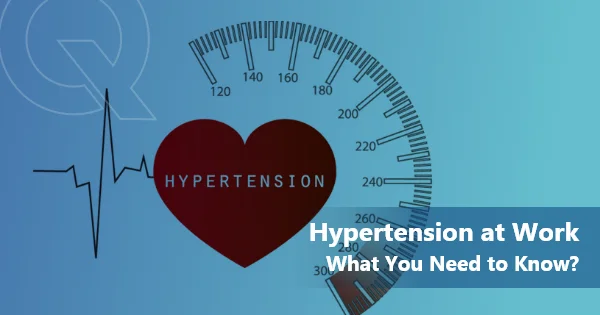~Dr Shivali Ahlawat, Oncquest Laboratories Ltd,
Head- National Reference Laboratory, Gurugram & Head- East & South Regional Labs~
While drug and alcohol abuse can have major detrimental impacts on society, it can negatively affect the workplace too. According to researches, employees who abuse drugs are 2 to 5 times more likely to have reduced productivity, be late or absent, become violent or sustain injuries; thereby, disturbing the workplace environment and causing the company’s overall revenue to plummet.
Studies have indicated that in India around 8.3 million people are addicted to drugs and alcohol while being employed. While many organizations are focusing on developing extensive strategies to screen for drug abuse as pre-employment checks, diagnostic companies have been effectively researching on advanced techniques to identify drug abuse. At the present time, there has been a relentless rise in new substances that are being abused along with alternative matrices, and the protocols of drug abuse are also going through significant changes accordingly.
The global drug abuse testing market is expected to grow up to $11,833 million by 2025, with a compound annual growth rate (CAGR) of 8.2 per cent between 2018 and 2025. To detect the presence of illegal, prescription drugs, or their metabolites, diagnostic firms generally conduct non-invasive tests through technical analysis of biological samples like blood, hair, urine, saliva, etc. The tests are increasingly becoming common among sports organizations and corporate to check drug abuse and other forensic purposes. The growth of the market is mostly driven by the increasing number of people abusing drugs, technological advancements in drugs screening or testing devices and stringent government regulations.
While employers can conduct a pre-employment drug test on their applicants, they can also conduct test on their employee’s post-employment under certain circumstances. Certain industries like transportation or logistics regularly require screening of their employees for drug and alcohol abuse.
Common drug tests that the diagnostic companies offer to organizations:
Blood test: Though blood tests can be most effective in detecting the presence of alcohol or drug in a body, it is more invasive than other tests. Because of this diagnostic firms are working to find less invasive blood sample collection methods. With the advancement of technology in medical science, now there are technologies like volumetric absorptive microsampling (VAMS), through which just a small amount of blood is required for analysis.
Breath test: This is usually a common practice among law enforcement officers who use a breathalyzer to determine the concentration of alcohol in the body. However, the technique could also be used by employers.
Hair test: Most drug testing tests are effective only if a person has consumed banned substances 24 to 48 hours prior to the test. However, hair tests can be a solution to that as the drug metabolites enter the blood vessels in the scalp and the hair filters the drugs and keeps a record of the drug residue for over a month.
Saliva test: Saliva test can only be effective if a person has just recently taken the drug.
Urine test: Urine test is the most commonly conducted drug test as it is entirely non-invasive, and a high concentration of the parent drug and its by-products remain in the urine. However, the tests have a short retrospective period and can only deliver the result if a person has just recently taken the drug.





